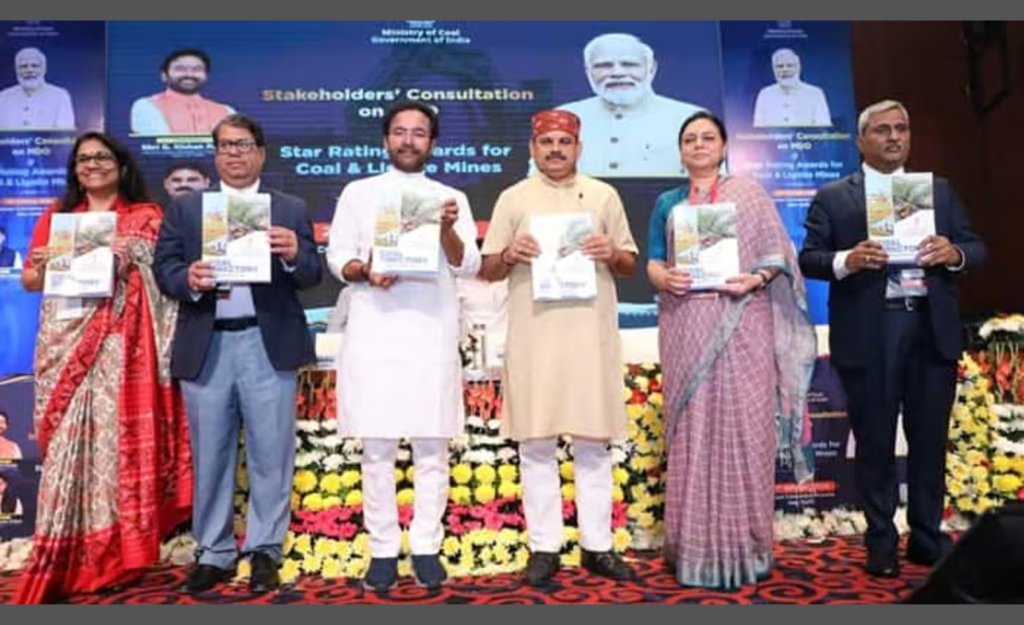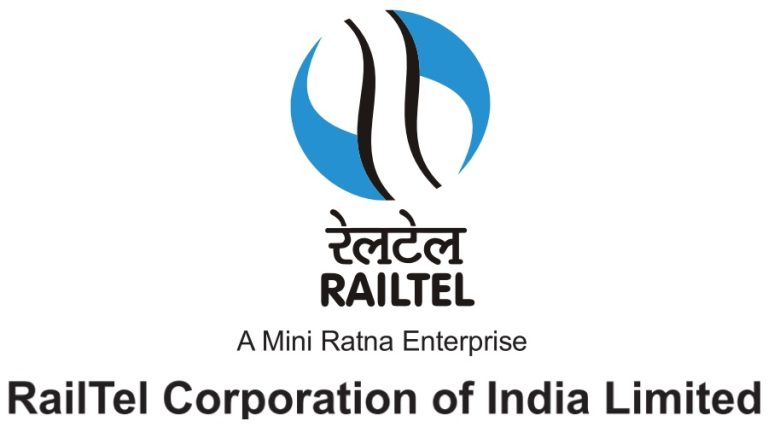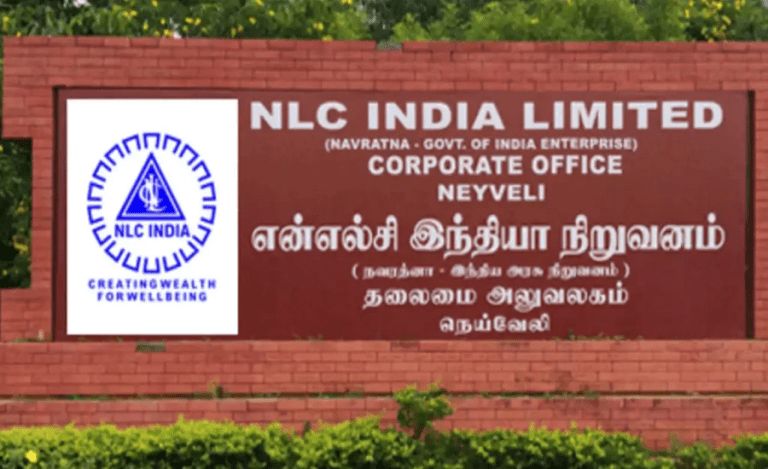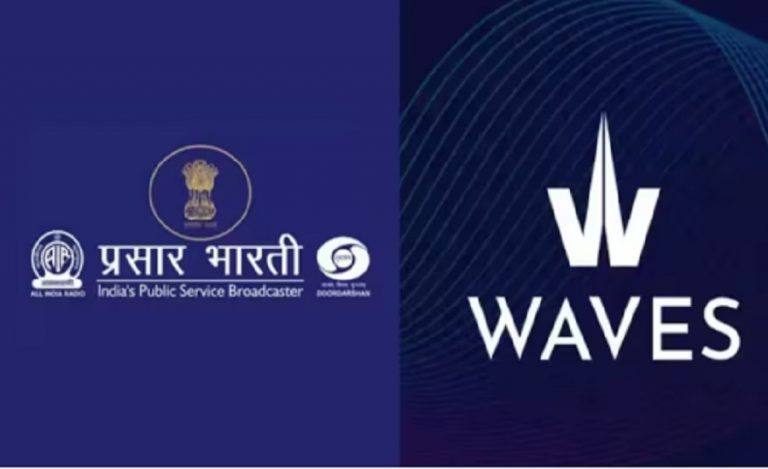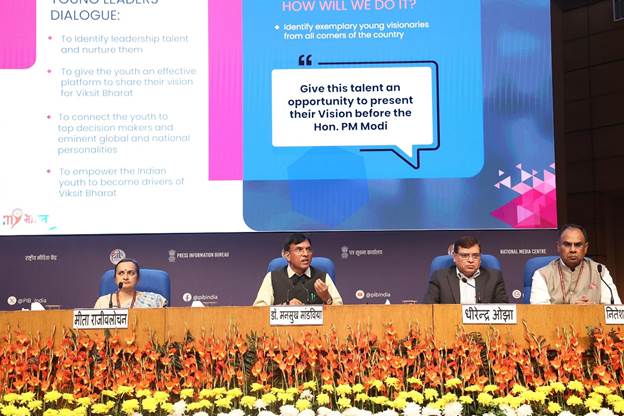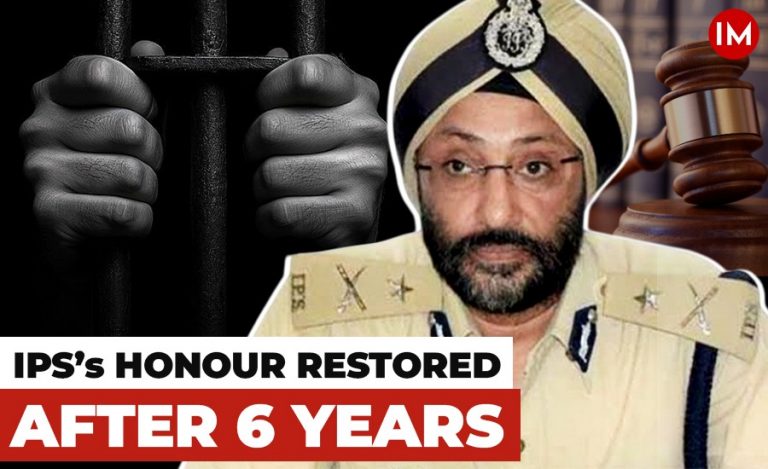India is set to launch its first coal exchange soon, as announced by Minister for Coal, G Kishan Reddy, during a stakeholder consultation on the Mine Developers-cum-Operators (MDO) regime. Reddy shared that plans for the exchange were discussed at a recent meeting, and a draft proposal for its creation has already been circulated for inter-ministerial review. A final note has also received approval from the Cabinet Committee on Economic Affairs (CCEA).
The coal exchange is expected to enable broader participation from both buyers and sellers, allowing coal to be traded as a commodity. This platform will support market-driven price discovery and facilitate transactions through an online system, which will include mechanisms for clearing and settlement. The Coal Controller Organisation will oversee the functioning of the exchange, aiming to improve coal availability in the market.
To meet India’s target of producing 1.5 billion metric tonnes of coal in the next 4-5 years, Coal India Limited (CIL) must award projects and coal mines to mine developers and operators (MDOs), according to CIL Chairman PM Prasad. He emphasised that achieving this goal is essential for reducing reliance on thermal coal imports, in line with Prime Minister Narendra Modi’s directive. Prasad called for close collaboration between authorities and mine operators to meet the ambitious production target, stressing that public and private sector cooperation is critical.
Union Minister G Kishan Reddy also highlighted the importance of involving state governments in consultations on the MDO regime. He noted that India’s rapid economic growth, driven by manufacturing, requires reliable electricity, which in turn demands an increase in coal production. Reddy stressed that expanding coal output is vital for achieving the government’s goal of self-sufficiency in the coal sector, furthering the vision of Aatmanirbharta (self-reliance) promoted by Prime Minister Modi.
Vismita Tej, Additional Coal Secretary, also underscored the significance of the MDO model, describing it as a key partnership between the public and private sectors. She explained that the model helps boost productivity, sustainability, and long-term growth in the coal industry. The collaboration between government initiatives and private sector expertise is essential for modernising coal mining operations and driving innovation, according to Tej.

